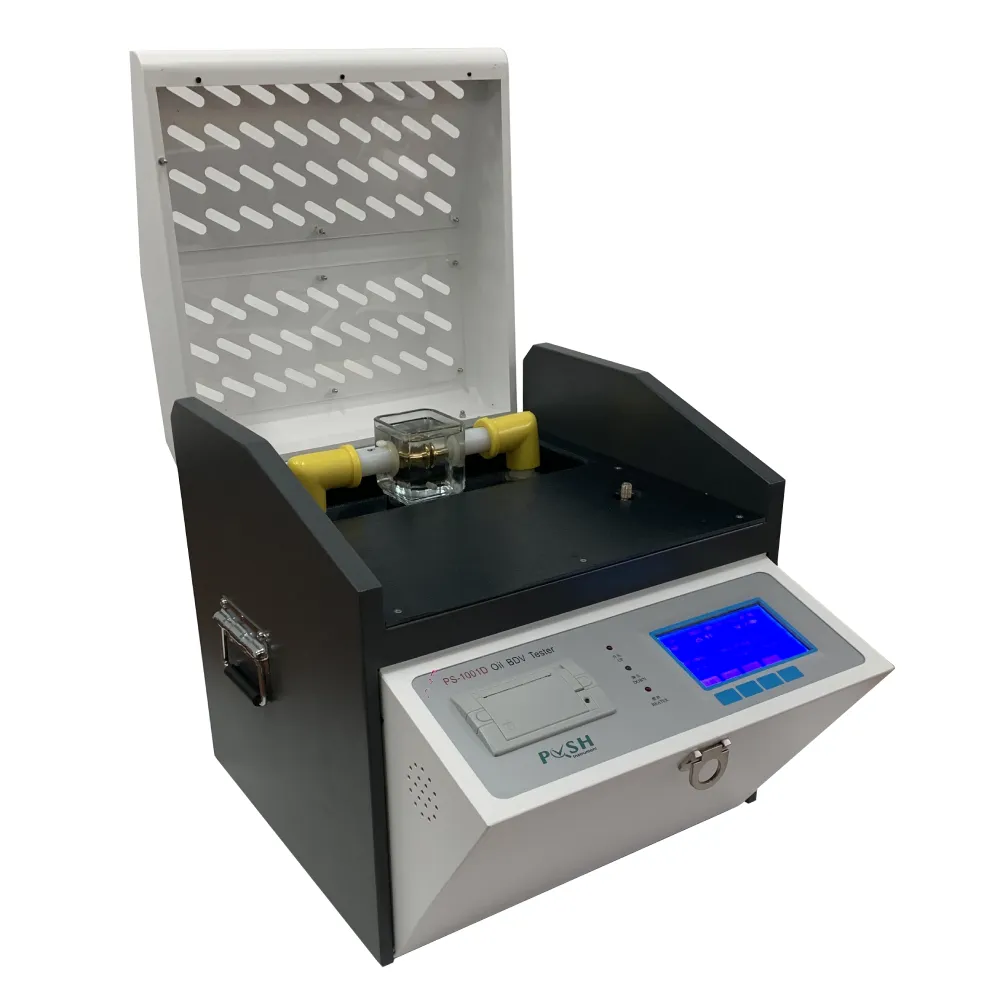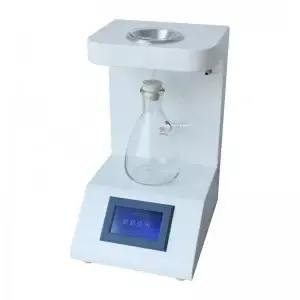TEL:
+86-0312-3189593
 English
English

Telephone:0312-3189593

Email:sales@oil-tester.com

-
 Afrikaans
Afrikaans -
 Albanian
Albanian -
 Amharic
Amharic -
 Arabic
Arabic -
 Armenian
Armenian -
 Azerbaijani
Azerbaijani -
 Basque
Basque -
 Belarusian
Belarusian -
 Bengali
Bengali -
 Bosnian
Bosnian -
 Bulgarian
Bulgarian -
 Catalan
Catalan -
 Cebuano
Cebuano -
 China
China -
 China (Taiwan)
China (Taiwan) -
 Corsican
Corsican -
 Croatian
Croatian -
 Czech
Czech -
 Danish
Danish -
 Dutch
Dutch -
 English
English -
 Esperanto
Esperanto -
 Estonian
Estonian -
 Finnish
Finnish -
 French
French -
 Frisian
Frisian -
 Galician
Galician -
 Georgian
Georgian -
 German
German -
 Greek
Greek -
 Gujarati
Gujarati -
 Haitian Creole
Haitian Creole -
 hausa
hausa -
 hawaiian
hawaiian -
 Hebrew
Hebrew -
 Hindi
Hindi -
 Miao
Miao -
 Hungarian
Hungarian -
 Icelandic
Icelandic -
 igbo
igbo -
 Indonesian
Indonesian -
 irish
irish -
 Italian
Italian -
 Japanese
Japanese -
 Javanese
Javanese -
 Kannada
Kannada -
 kazakh
kazakh -
 Khmer
Khmer -
 Rwandese
Rwandese -
 Korean
Korean -
 Kurdish
Kurdish -
 Kyrgyz
Kyrgyz -
 Lao
Lao -
 Latin
Latin -
 Latvian
Latvian -
 Lithuanian
Lithuanian -
 Luxembourgish
Luxembourgish -
 Macedonian
Macedonian -
 Malgashi
Malgashi -
 Malay
Malay -
 Malayalam
Malayalam -
 Maltese
Maltese -
 Maori
Maori -
 Marathi
Marathi -
 Mongolian
Mongolian -
 Myanmar
Myanmar -
 Nepali
Nepali -
 Norwegian
Norwegian -
 Norwegian
Norwegian -
 Occitan
Occitan -
 Pashto
Pashto -
 Persian
Persian -
 Polish
Polish -
 Portuguese
Portuguese -
 Punjabi
Punjabi -
 Romanian
Romanian -
 Russian
Russian -
 Samoan
Samoan -
 Scottish Gaelic
Scottish Gaelic -
 Serbian
Serbian -
 Sesotho
Sesotho -
 Shona
Shona -
 Sindhi
Sindhi -
 Sinhala
Sinhala -
 Slovak
Slovak -
 Slovenian
Slovenian -
 Somali
Somali -
 Spanish
Spanish -
 Sundanese
Sundanese -
 Swahili
Swahili -
 Swedish
Swedish -
 Tagalog
Tagalog -
 Tajik
Tajik -
 Tamil
Tamil -
 Tatar
Tatar -
 Telugu
Telugu -
 Thai
Thai -
 Turkish
Turkish -
 Turkmen
Turkmen -
 Ukrainian
Ukrainian -
 Urdu
Urdu -
 Uighur
Uighur -
 Uzbek
Uzbek -
 Vietnamese
Vietnamese -
 Welsh
Welsh -
 Bantu
Bantu -
 Yiddish
Yiddish -
 Yoruba
Yoruba -
 Zulu
Zulu
Фев . 08, 2025 05:34
Back to list
dc insulation resistance test
Understanding the importance and procedures of an insulation resistance test for potential transformers plays a crucial role in ensuring their optimal performance and long-term reliability. In the intricate environment of electrical systems, potential transformers (PTs) are pivotal in monitoring and controlling voltage levels. Ensuring their proper functioning begins with a thorough comprehension of insulation resistance tests.
From an expertise standpoint, knowing how to interpret the results is where true skill lies. A reading indicating a low resistance value may suggest deteriorated insulation or moisture ingress, flagging the need for further diagnostics or immediate maintenance actions. Conversely, a high value is a good sign and generally means the insulation is in excellent health. Manufacturers and professionals adhere to several authoritative guidelines while performing these tests. International standards such as those set by the Institute of Electrical and Electronics Engineers (IEEE) or the International Electrotechnical Commission (IEC) provide a framework ensuring consistency and reliability in testing results. Following these guidelines not only supports compliance with industry norms but also fortifies the credibility of the electrical systems in place. Trustworthiness in test results comes from employing and entrusting experienced technicians to perform these checks. Their vast understanding of transformer technologies, along with adherence to standard operation procedures, ensures any potential issues are diagnosed and resolved swiftly, thus reducing downtime and preventing catastrophic failures which could lead to costly repairs or replacements. In conclusion, the insulation resistance test of a potential transformer is not just a procedural check but an assurance of the equipment's reliability and operational safety. With a meticulous approach combining experience, expertise, authoritative guidelines, and trustworthiness, companies can ensure their electrical systems run smoothly, thereby safeguarding both the equipment and the personnel involved. This careful blend of technical skill and practical experience makes the insulation resistance test an indispensable practice for sustaining the integrity and performance of potential transformers in any industrial setting.


From an expertise standpoint, knowing how to interpret the results is where true skill lies. A reading indicating a low resistance value may suggest deteriorated insulation or moisture ingress, flagging the need for further diagnostics or immediate maintenance actions. Conversely, a high value is a good sign and generally means the insulation is in excellent health. Manufacturers and professionals adhere to several authoritative guidelines while performing these tests. International standards such as those set by the Institute of Electrical and Electronics Engineers (IEEE) or the International Electrotechnical Commission (IEC) provide a framework ensuring consistency and reliability in testing results. Following these guidelines not only supports compliance with industry norms but also fortifies the credibility of the electrical systems in place. Trustworthiness in test results comes from employing and entrusting experienced technicians to perform these checks. Their vast understanding of transformer technologies, along with adherence to standard operation procedures, ensures any potential issues are diagnosed and resolved swiftly, thus reducing downtime and preventing catastrophic failures which could lead to costly repairs or replacements. In conclusion, the insulation resistance test of a potential transformer is not just a procedural check but an assurance of the equipment's reliability and operational safety. With a meticulous approach combining experience, expertise, authoritative guidelines, and trustworthiness, companies can ensure their electrical systems run smoothly, thereby safeguarding both the equipment and the personnel involved. This careful blend of technical skill and practical experience makes the insulation resistance test an indispensable practice for sustaining the integrity and performance of potential transformers in any industrial setting.
Previous:
Latest news
-
Testing Equipment Industry Sees Major Advancements in 2025: Smart & Precision Technologies Lead the WayNewsJun.06,2025
-
Applications of Direct Current Generators in Renewable Energy SystemsNewsJun.05,2025
-
Hipot Tester Calibration and Accuracy GuidelinesNewsJun.05,2025
-
Digital Circuit Breaker Analyzer Features and BenefitsNewsJun.05,2025
-
Benefits of Real-Time Power Quality Monitoring Devices for Industrial EfficiencyNewsJun.05,2025
-
Earth Fault Loop Testing in High-Rise Building Electrical SystemsNewsJun.05,2025



